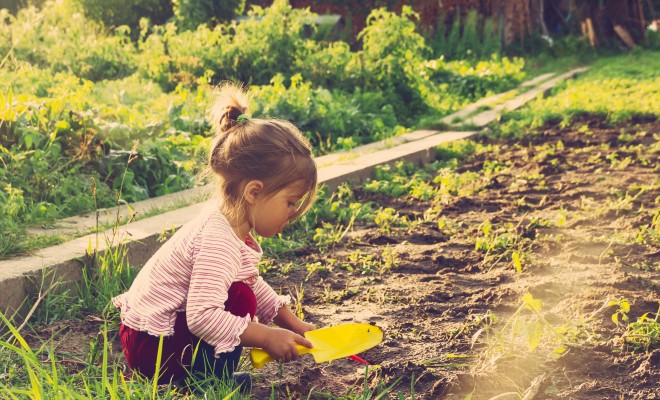
Childcare Activities
15 Nature Activities for Kids: Ideas for Exploring Outdoors
15 Nature Activities for Kids: Ideas for Exploring Outdoors
- Bug hotel
- Bug hunt
- Bird table/feeders
- Ant farm
- Wormery
- Wind toys
- Rainy day exploration
- Sun prints
- Plant pots/planters/beds
- Gardening tools
- Plants and seeds
- Compost bin
- Water butt
- Sand/water table
- Willow structures
The benefits of outdoor play are well documented, in particular the link with fostering an active lifestyle. Encouraging young children not just to play outdoors, but to engage with and explore their environment, leads to even more benefits. In this article, we’re going to look at some nature activities for kids that will help promote beneficial outdoor exploration.
There are lots of reasons why it’s good to get children outside, exploring their environment:
- It helps them form an understanding (hopefully leading to a love) of the natural world, the plants and creatures that inhabit it, and how everything links together.
- It fosters curiosity, creativity and independence, and supports the development of critical thinking skills.
- It promotes wellbeing simply by giving them more space; children can sometimes feel crowded and pent-up inside.
- It encourages them to be more active rather than sedentary.
Ideas and Resources for Exploring Outdoors
As this article is specifically about outdoor exploration, and not outdoor play in general, the following wishlist does not include things like climbing frames, balls and scooters. The resources are broken down into four subject areas to aid with activity planning: wildlife, weather, plants and natural materials. You might also find it useful to refer to our article on outdoor craft activities.
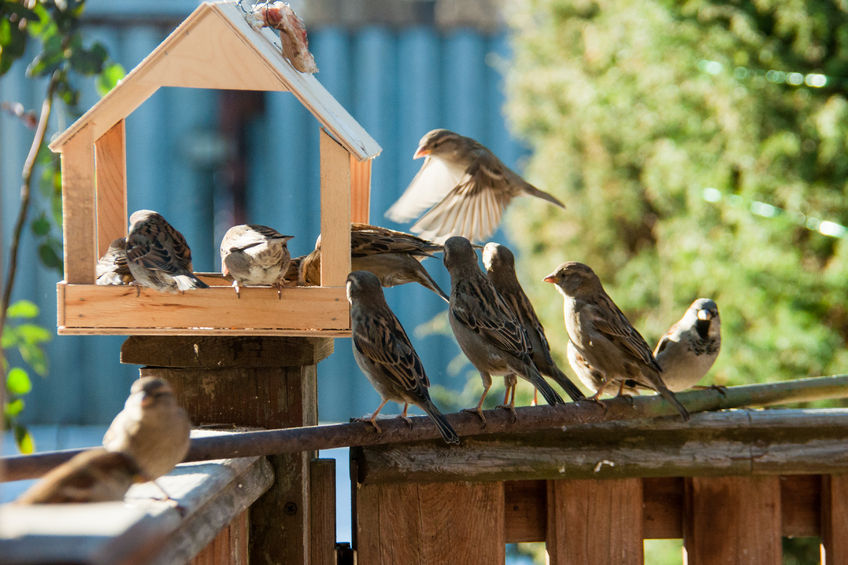
Engage with wildlife
There are lots of ways in which you can encourage wildlife into your nursery garden and support the children to engage with it. Here are some resource ideas:
1. Bug hotel
Buy a purpose-built bug hotel, or make your own (eg using recycled packaging) to provide a suitable habitat for a variety of insects.
2. Bug hunt
Invest in a set of magnifying glasses and observation jars so that the children can study the insects in the bug hotel or other habitats in your outside space (in the grass, under bushes, in a log pile).
3. Bird table/feeders
Hang bird feeders (bought or home-made), and/or install a bird table to encourage birds into the garden; help the children identify and count different species.
4. Ant farm
Buy or make an ant farm; these are a great way to engage children’s interest in wildlife and animal behaviour.
5. Wormery
Similarly, you can buy a wormery kit or make your own (a good activity to involve the children in); soil and worms are a winning combination for most children.
Sign Up to Receive this 20-Part Activity Email Series
Experiment with weather
6. Wind toys
Make the most of windy days by installing windsocks, wind chimes or pinwheels in your outdoor space; you could make them with the children using a variety of materials.
7. Rainy day exploration
With the right resources, for example sets of good waterproofs, you can really embrace rainy weather. Buy or make some rain gauges, and monitor the rainfall. Mud kitchens are always very popular, and will provide hours of hands-on entertainment.
8. Sun prints
Sun print paper is really effective but quite expensive so use it sparingly, perhaps with a small group of older children working collaboratively to collect and make a collage of interesting natural shapes, eg grasses, petals, leaves, cones.
Grow plants and vegetables
The scale of any planting activities in your nursery will depend on the space available as well as the gardening skills of staff, but it’s extremely beneficial for children to get involved in growing plants on any kind of level. Here is a list of resources:
9. Plant pots/planters/beds
If you have plenty of outdoor space then you could dedicate a whole section of it to gardening, perhaps including some raised beds and even a tool store and/or potting shed. But smaller areas with containers such as plant pots, planters, hanging baskets and sacks can also produce fantastic results.
10. Gardening tools
Depending on the scale of your plant-growing activity, you’ll need some or all of the following: child-size shovel and spades, rakes, watering cans, wheelbarrows and gardening gloves.
11. Plants and seeds
Plan what you’re going to grow (eg vegetables/herbs/fruit to eat; flowers for butterflies; sensory plants; sunflowers to measure), and how to source the seeds/plants (eg parents may be able to donate cuttings).
12. Compost bin
A compost bin is a great educational resource for teaching children about sustainability and natural lifecycles.
13. Water butt
Install a water butt to collect rainwater for watering the plants; again this is a great tool for teaching environmental awareness.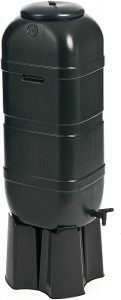
Play with natural materials
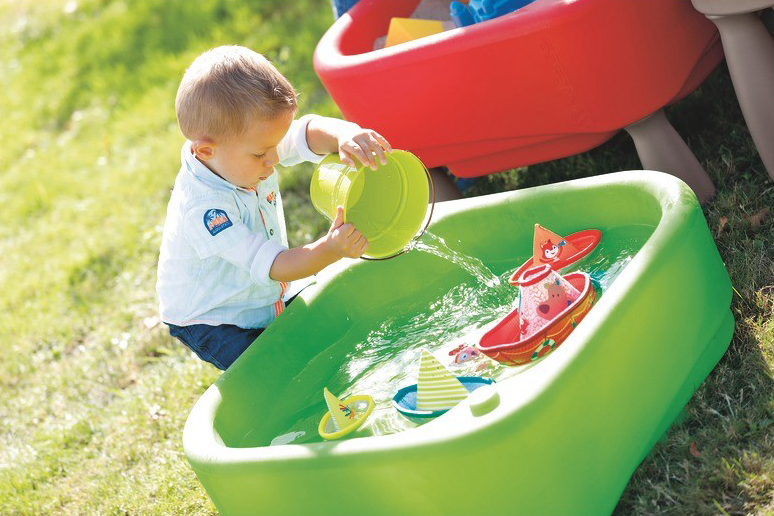
14. Sand/water tables
It’s well worth investing in a few sand and water tables for outdoor use; filled with sand or water, they provide endless opportunities for children to play with and explore the properties of natural materials.
15. Willow structures
Consider building a willow tunnel or den in your nursery garden; they not only provide shade and a play space, but also bring the children into close contact with the natural environment.
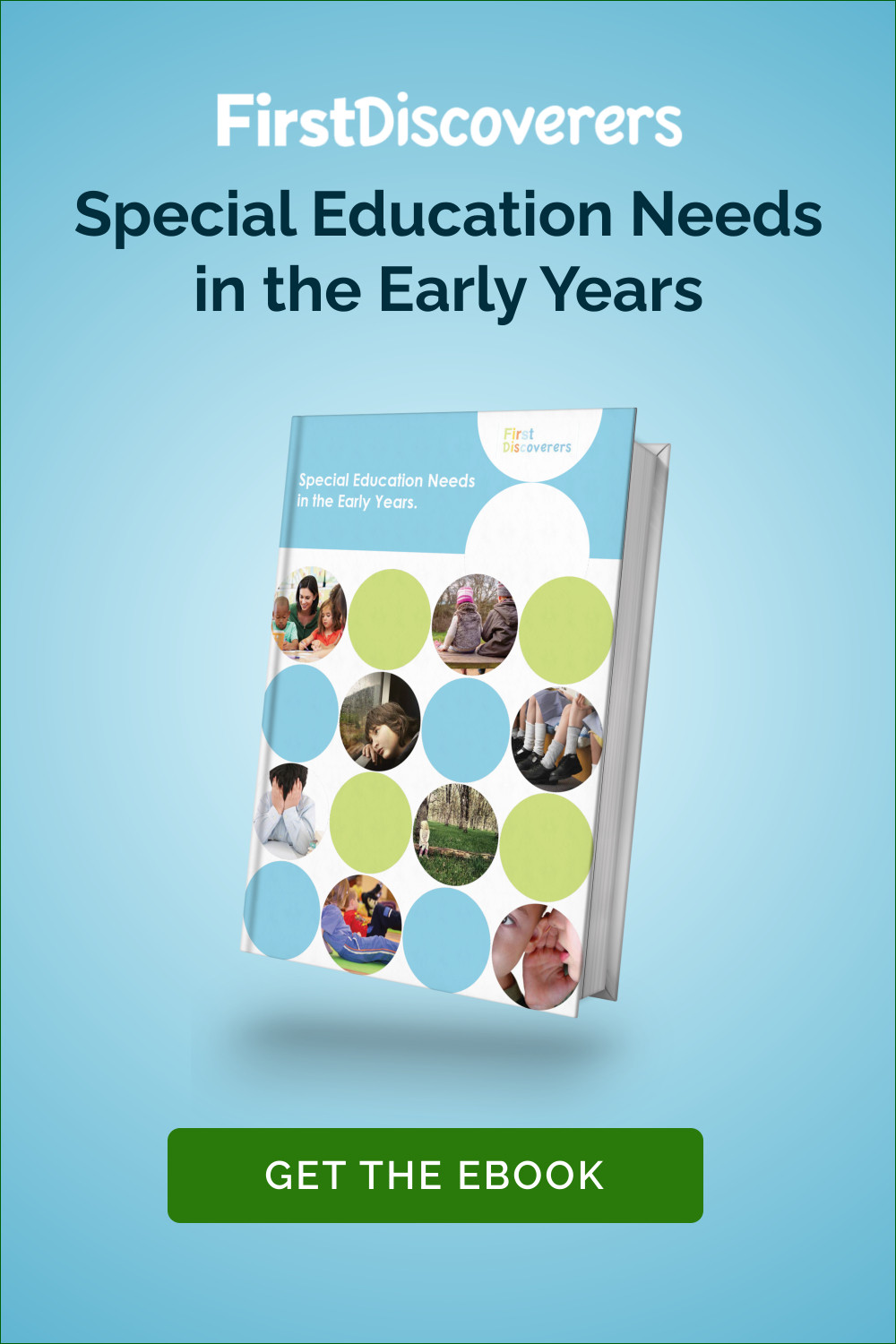


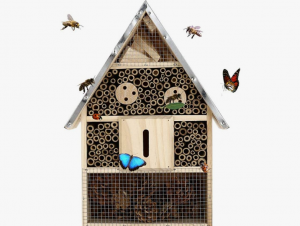
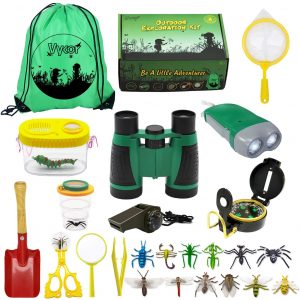
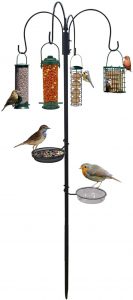
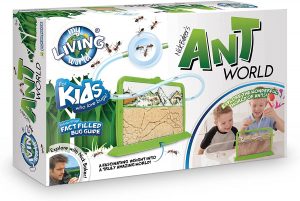
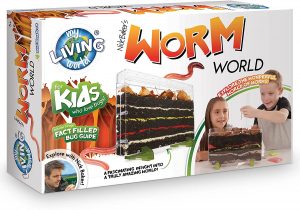


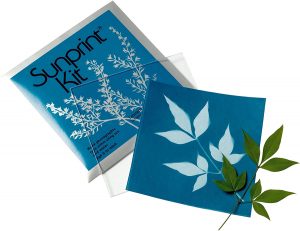
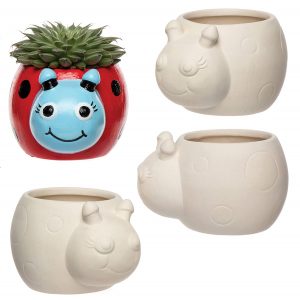
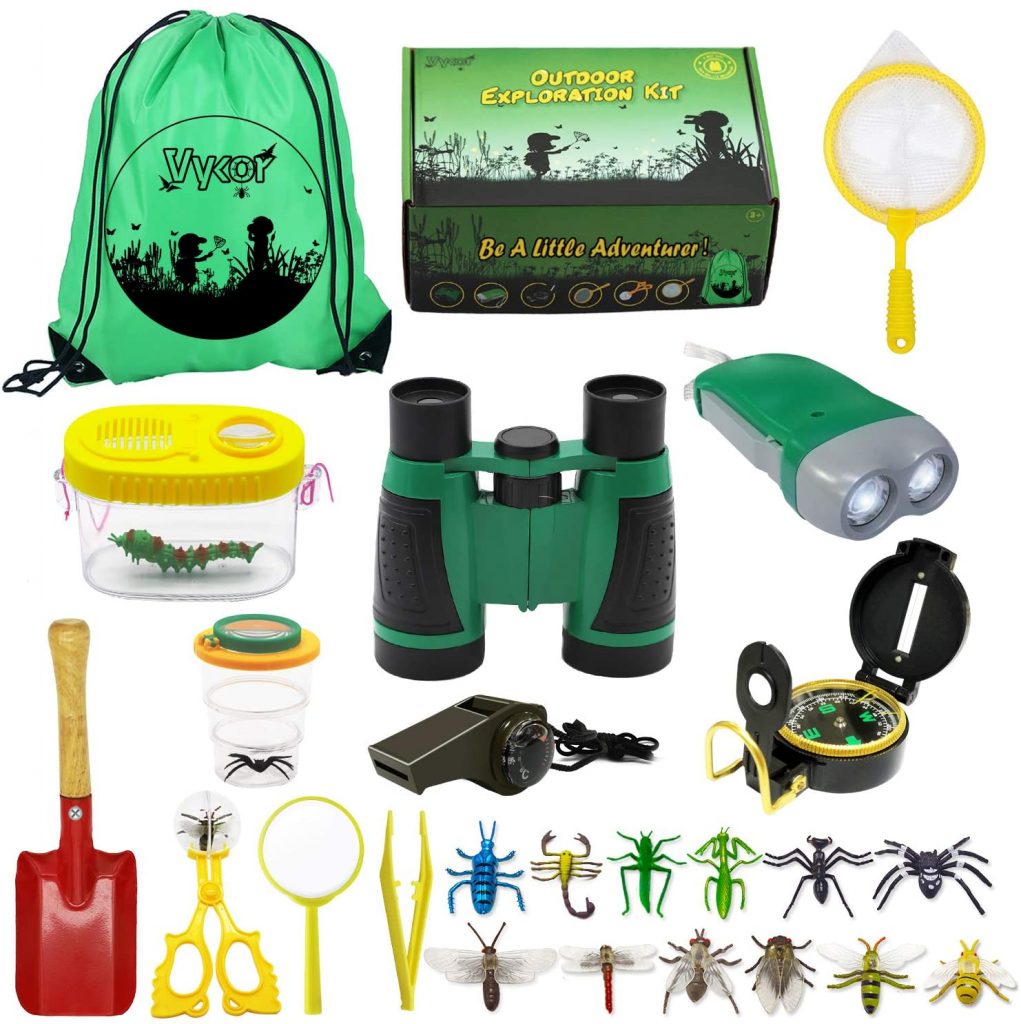
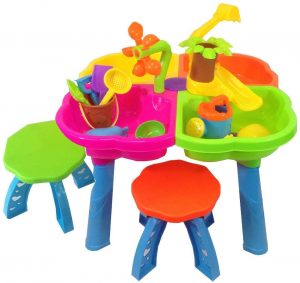
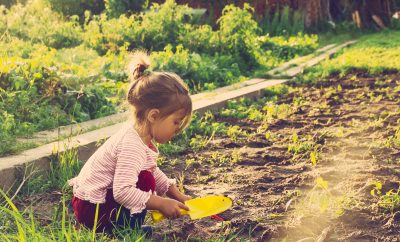
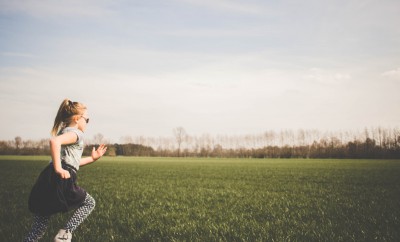

You must be logged in to post a comment Login